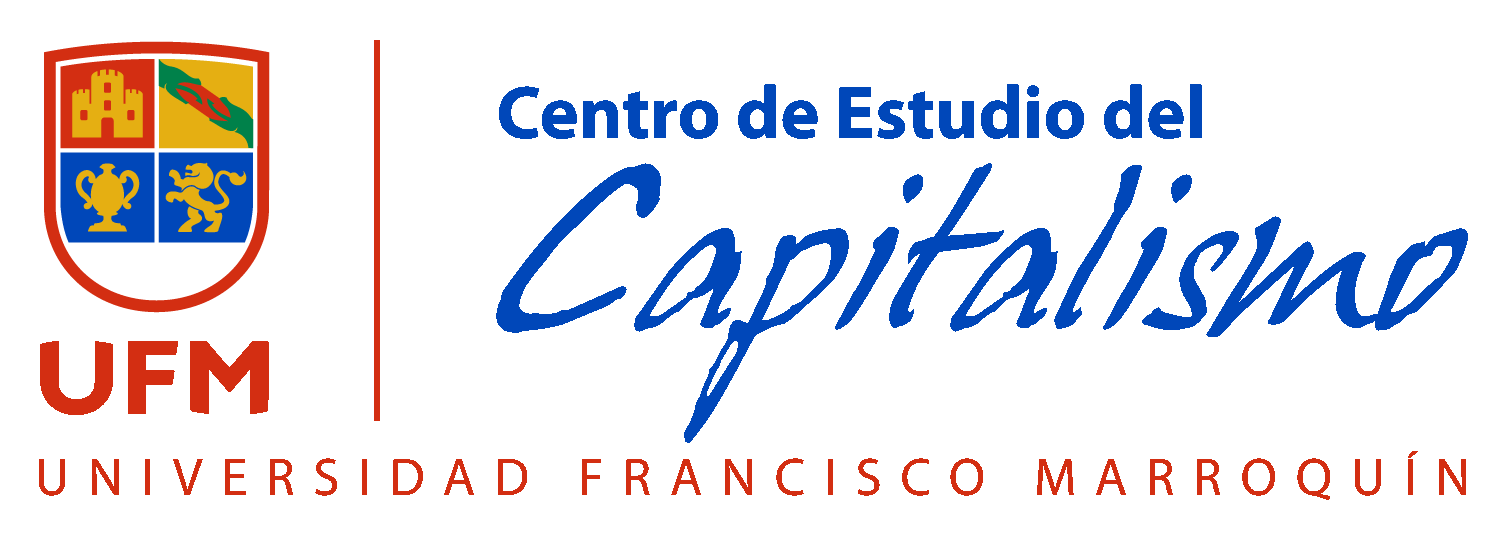El título de la imagen es “La realidad del capitalismo”, aunque en realidad no describe al capitalismo, sino a un sistema opuesto y para comprobarlo basta un simple análisis de cada nivel de la pirámide:
En la cúspide está la riqueza con una coronita como si fuera una entidad viva, que no necesita ser creada, sino que “existe” en el mundo y debe ser custodiada.
En el siguiente nivel hay tres presonajes, una reina, un rey y un presidente, representantes del poder absoluto, aquellos que tienen acceso directo a la riqueza y al poder para gobernar al resto de la pirámide.
Luego, en orden descendente está representada la iglesia y el ejército, cada cual con su papel bien definido, uno para engañarnos y otro para matarnos.
Llegamos a un grupo interesante, que podría tener distintos nombres como la clase privilegiada, burguesía, los ricos, que no producen nada, que están de fiesta, que se comen la comida del grupo que está abajo.
En la base de la pirámide está el resto de la gente, los pobres, los trabajadores, los menos privilegiados, los que mueren, los que sufren y soportan el peso de todos los otros grupos en sus hombros.
Esta gráfica me parece una excelente representación del totalitarismo, en forma de monarquía, dictadura, regimen socialista o comunista. ¿Dónde están los creadores, los empresarios, los comerciantes? No están porque la riqueza existe en el mundo y nadie debe trabajar para crearla, sólo usarla y “distribuirla” en la pirámide.
Una de las bases fundamentales del capitalismo es su respeto por la propiedad privada de los individuos, algo que obviamente no está representado en la gráfica, y uno de los factores que la convierten en un anticoncepto de capitalismo, porque representa el concepto explicándolo de forma “aproximada”, nos hace creer que está definiendo el término de forma precisa, pero en realidad lo distorciona. Su fin es confundirnos, darnos una versión incompleta de la realidad.
Filed under: Capitalism, capitalismo, Cooperación social, Derechos individuales, economía, Economistas, Filosofía de vida, Política, Political Theory, propiedad privada | Tagged: anti-concept, anticoncepto, capitalism, capitalismo, Filosofía, Philosophy, Socialism, socialismo | 1 Comment »





















